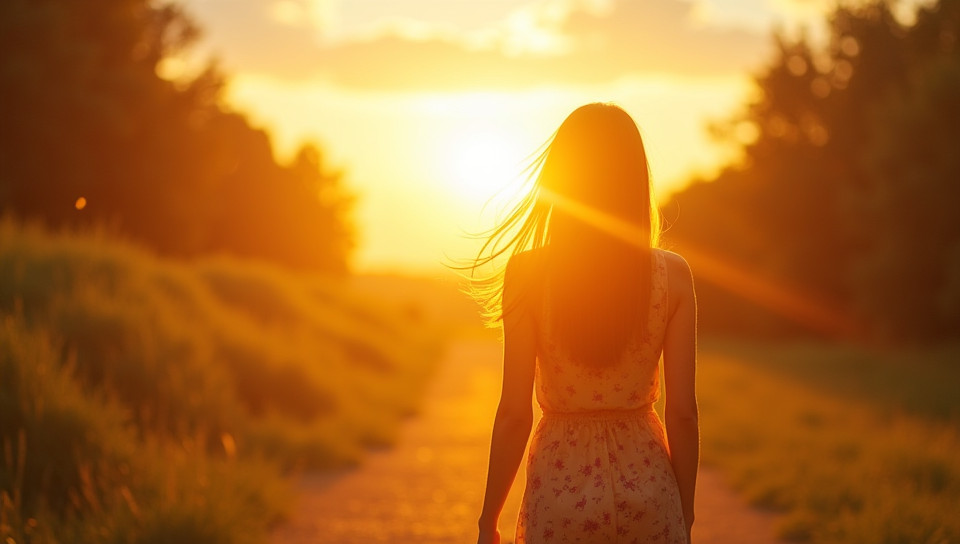Exposure to sunlight increases melatonin production 69%

The Surprising Relationship Between Sunlight and Melatonin
As we continue to grapple with the complexities of modern life, our bodies are constantly battling against the effects of stress, lack of sleep, and an overall sedentary lifestyle. One crucial hormone that plays a vital role in regulating our sleep-wake cycles is melatonin. However, did you know that exposure to sunlight has a profound impact on melatonin production? In this article, we'll delve into the fascinating world of sunlight and melatonin, exploring how these two seemingly unrelated factors are intimately connected.
The Importance of Melatonin
Melatonin is often referred to as the "sleep hormone" due to its role in regulating our circadian rhythms. Produced by the pineal gland, melatonin levels typically rise in the evening, helping us feel drowsy and relaxed, while decreasing during the day, allowing us to feel alert and awake. However, an imbalance of melatonin can lead to a range of issues, including insomnia, daytime fatigue, and even seasonal affective disorder.
The Sunlight-Melatonin Connection
Research has shown that exposure to natural sunlight has a profound impact on our melatonin production. When we're exposed to bright light, particularly in the morning, it sends a signal to our brain to suppress melatonin production, helping us feel more alert and awake. This is because the light stimulates the suprachiasmatic nucleus (SCN), the part of the brain that regulates our circadian rhythms.
How Much Sunlight Do We Need?
While the exact amount of sunlight required to stimulate melatonin suppression is still unclear, studies suggest that even short periods of exposure can be beneficial. A study published in the journal Chronobiology International found that individuals who spent just 10-15 minutes outside in the morning experienced a significant decrease in melatonin levels compared to those who remained indoors.
- Here are some ways to incorporate more sunlight into your daily routine:
- Spend time outdoors in the morning
- Take short breaks throughout the day to sit by a window or take a walk outside
- Consider using a light therapy lamp if you're struggling with seasonal affective disorder
Conclusion
Exposure to sunlight has a profound impact on our melatonin production, helping us feel more alert and awake during the day. By incorporating more sunlight into our daily routines, we can promote healthy sleep patterns, reduce the risk of insomnia and daytime fatigue, and even improve our overall mood. So next time you're feeling groggy, try stepping outside for some fresh air – your body (and mind) will thank you!
- Created by: Jerren Gan
- Created at: Oct. 13, 2024, 9:33 p.m.
- ID: 12520





